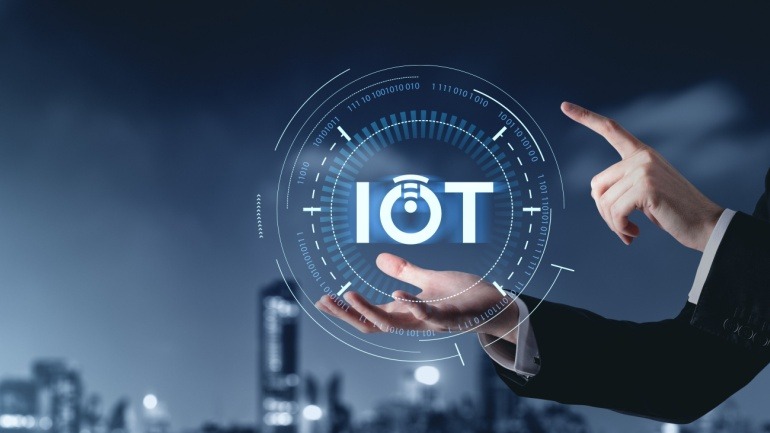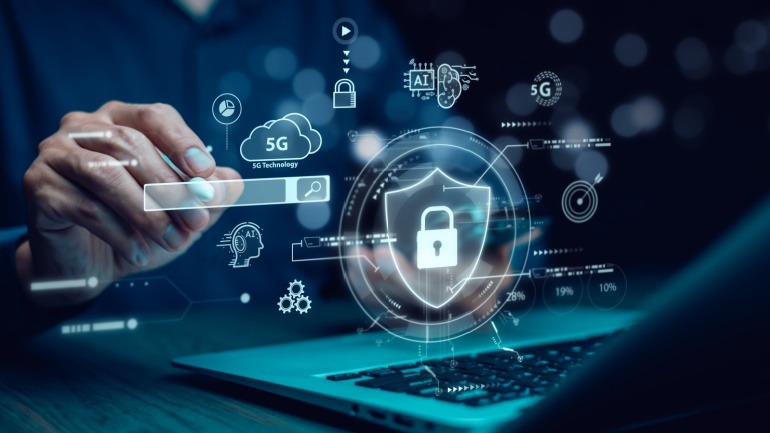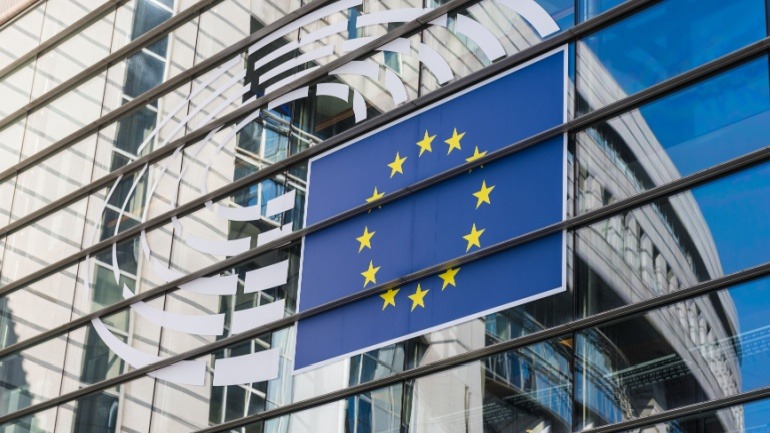Ericsson’s latest Mobility Report highlights FWA as a key driver of 5G revenue, with speed-based plans on the rise. Adoption is growing globally, especially in North America and emerging markets. By 2030, FWA may account for over 35 percent of new broadband connections.
Hewlett Packard Enterprise and Nvidia’s AI factory solutions propel AI adoption, featuring AI-ready RTX PRO Servers and HPE Private Cloud AI. Merging Nvidia’s tech with HPE’s ecosystem, they offer a complete AI framework for enterprises.
SK Telecom is advancing its AI capabilities by collaborating with Rebellions to trial a domestic AI chip, ATOM, for improved AI services. The initiative aims to achieve self-reliance in AI technology, enhancing Korea’s global standing.
AT&T will pay $177 million to settle lawsuits over two major data breaches in 2019 and 2024 that exposed sensitive customer information. The settlement, pending final approval, offers compensation to affected users and aims to resolve claims.
Singtel is revolutionizing global IoT solutions with floLIVE’s distributed core network. This strategic collaboration enables seamless eSIM-based services for over 190 markets. Targeting the automotive sector, Singtel’s approach is a game-changer, offering innovative multi-domestic connectivity that adheres to strict regulatory standards.
A recent study by BT highlights a critical cybersecurity gap among UK SMEs, with 39% neglecting essential training. This oversight leaves nearly two million businesses vulnerable to cyberattacks like phishing and ransomware, which affect 85% of companies.
The European Commission will delay penalties against Apple and Meta for violating the Digital Markets Act, opting for further review and dialogue. While earlier fines targeted anti-competitive practices, future sanctions will follow formal findings.
Enterprises across Europe recognize the power of AI and 5G to drive innovation, yet face major hurdles in adoption. Ericsson research reveals that outdated systems, skill shortages, and complex telecom solutions are stalling progress. While the UK leads in optimism and investment, many European firms struggle with rising costs and poor connectivity.
APFN has completed a major consolidation, merging five firms into two core entities: APFN for wholesale and Cuckoo for retail, both now owned by Fern Fibre. The company also launched aquila, a national fibre platform, and introduced new leadership, marking a pivotal shift toward streamlined operations and future growth in the UK.
The UK’s new Data Use and Access Act aims to boost the economy by £10 billion, streamline public services, and improve healthcare data access. It empowers consumers, enhances tech innovation, and strengthens digital ID systems, while also supporting bereaved families and construction workers.













